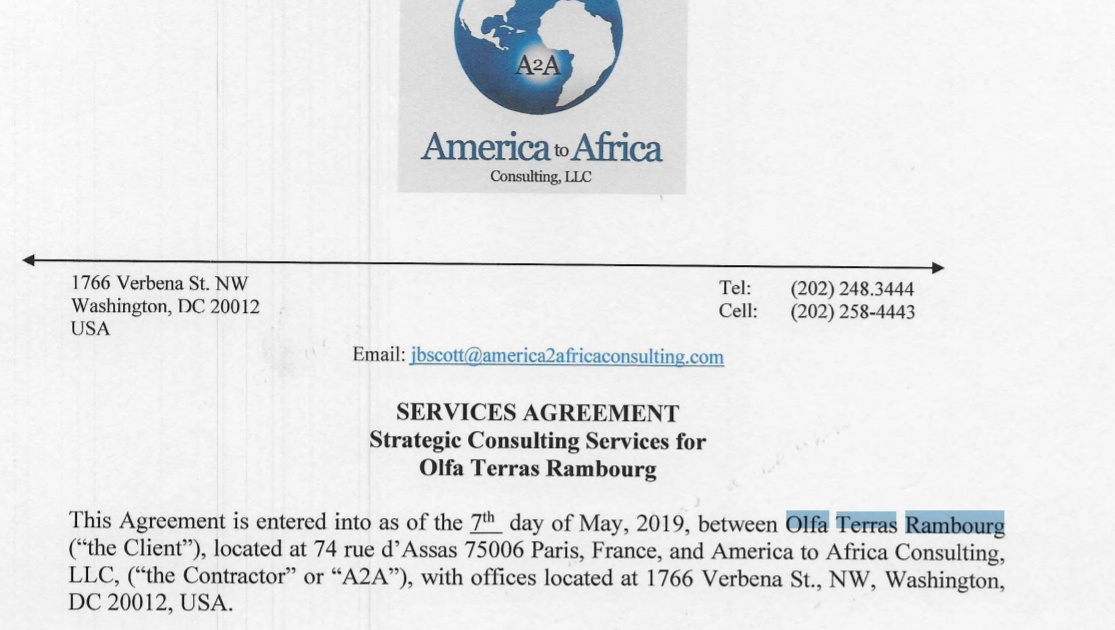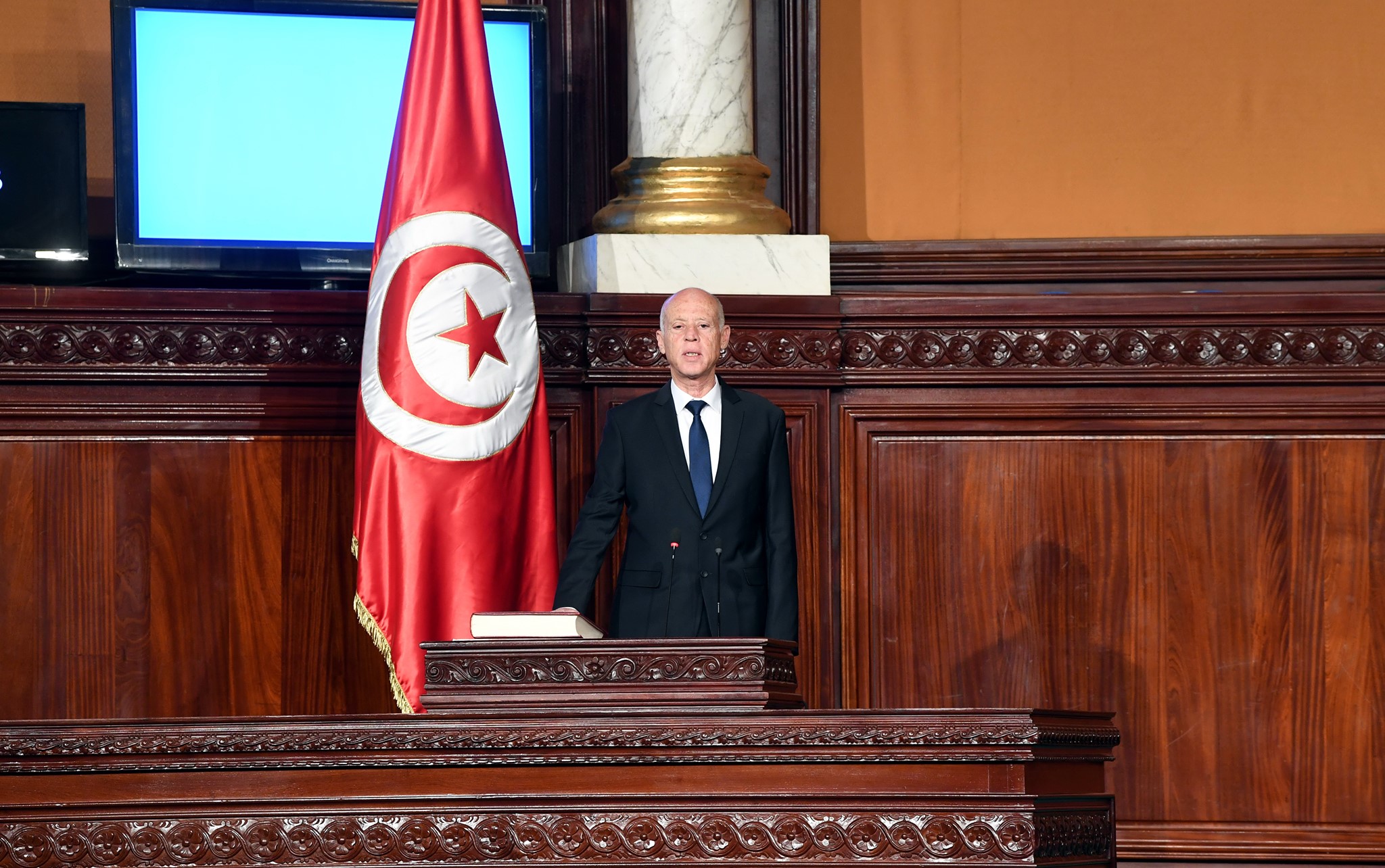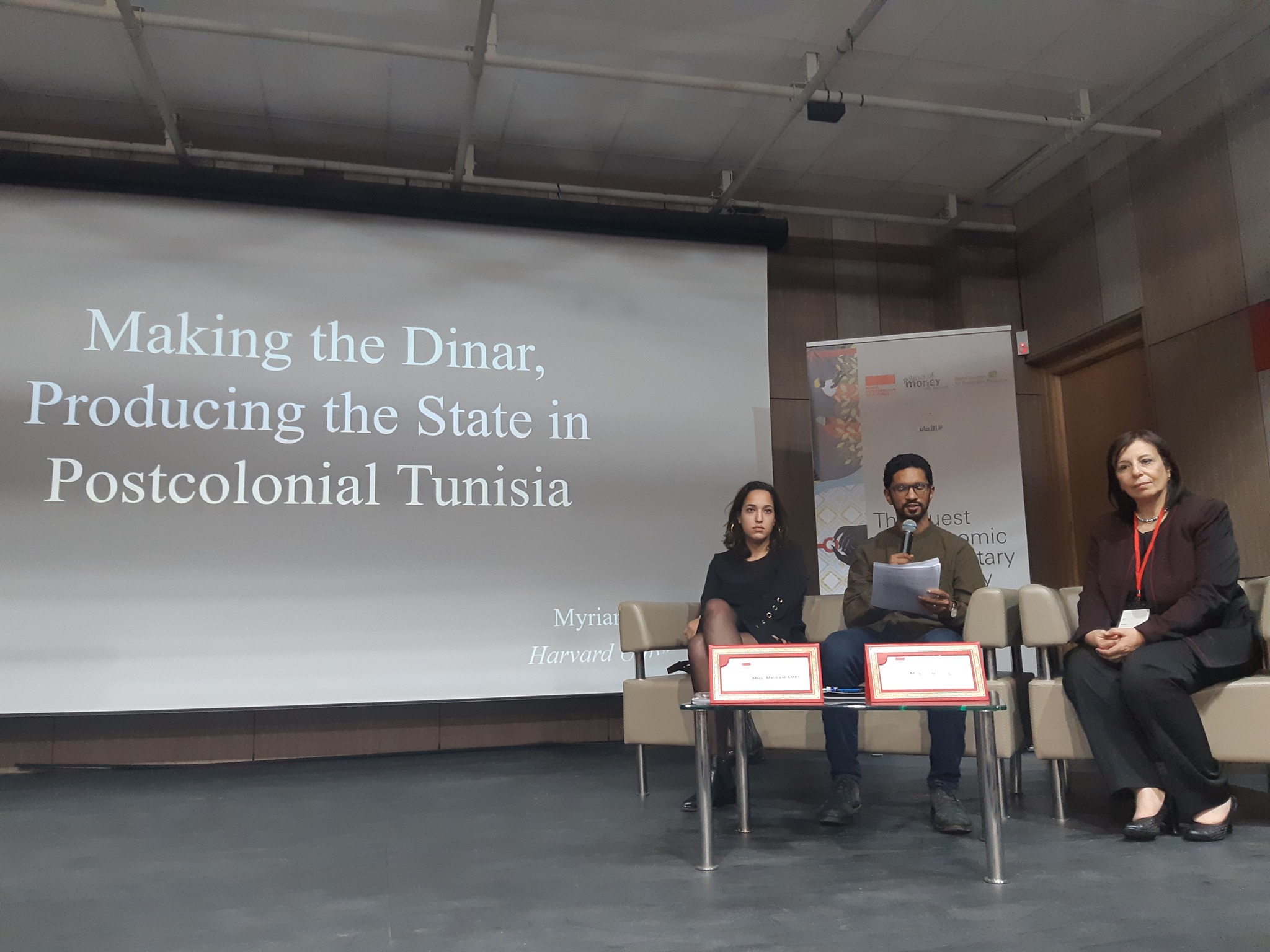The candidacy of Kais Said for the anticipated presidential elections embodies the aggregation of several elements. First, it is the entry of the academic, and the legal expert in the field of political competition. While many commented a lot his manner of speaking, this trait exposes his relationship to public speaking, mostly as lecturer of constitutional law, but also exhibits the strong tie he has with fosha (literary Arabic) comforting the status of intellectual that he acquired.
Beyond stigmatisation and glorification, M. Saied is unintentionally among the candidates which carry a discourse that only presents and perceives politic through the lens of law, while excluding other social, ethnographic, political aspects. So what political vision is supported by this discourse?
Kais Saied and the relationship to law
On the academic level, Kais Saied is a graduate with a Diploma of Advanced Studies in international law. He is a lecturer in Tunis and Sousse law faculties. All of his life revolves around law. Married to the President of the civic chamber of the tribunal of first instance, all of his family is socialised to the language of law, which is echoed in his discourse. This strong relationship with constitutional law is the extension of his long academic trajectory.
Kais Saied was the general secretary of the Tunisian Association of constitutional law from 1990 to 1995. He later became the head of the public law studies department at the Sousse University between 1994 and 1999, period during which Abdelkarim Zbidi was the university’s president. He also worked as a constitutional law expert, for instance with the general secretariat of the Arab League in 1989 and 1990, and later with the Arab Institute for Human Rights from 1993 until 1995. The candidate was called by the media in his quality of legal expert to give an informed insight at various key moments of the political transition. We also recall that he refused to be member of an expert commission to review the new constitution in 2013 in order “not to legitimate the political choices that were already taken”
A democratic alternative?
Since the first years after the uprising, Kai Saied considered that the élection of a Constituent Assembly emerged from a center-oriented conception of power. Convinced of the need for a reinforced decentralisation, Saied promotes the “inversion of the hourglass of political power”. This means opting for a bottom-up electoral process.
Starting by the election of local councils, which will give birth to regional councils. The regional directors of the central administrations would attend to the meetings of these regional councils. The process will yield regional development plans which respond to the local aspirations.
In this political and administrative reorganization lies a tool inspired by the principles of direct democracy: the revocability of elected officials. These measure constitute the differentiation of the candidate with regards to his competitors. How to put in practice these ideas at a time where the political system is already in place? The candidate suggests organizing a referendum to amend the constitution.
A conservative candidate
However, some positions of M. Saied spark controversy over their conservative character. Three main positions are under light: First, his refusal of the “public expression” of homosexuality, ignited by “foreign actors” according to him.
M. Saied is also in favor of maintaining the death penalty, although the sacredness of the right to life is highlighted in the constitution, and despite all the arguments advanced for its abolition.
The third controversial position is the refusal of equality between men and women in inheritance. Based on a culturalist and sovereigntist argumentation, Kais Saied rejects any debate about the issue, which was notably mentioned in the report of the Commission for Individual Freedoms and Equality mostly known under the name of “Colibe”.
These 3 key points are what make his retired academic clear positioning on the “socio-cultural question. In the eyes of a part of civil society, working on the protection and consolidation of civil and democratic achievements, these positions are not welcomed.






